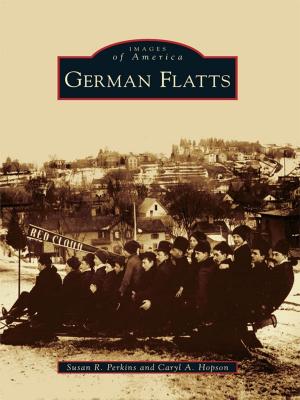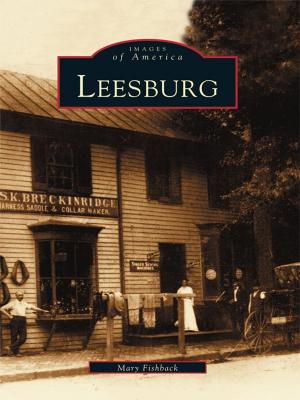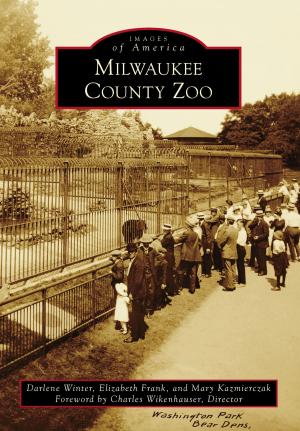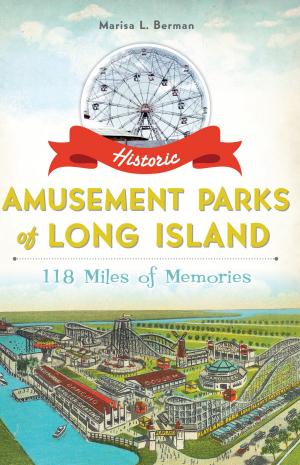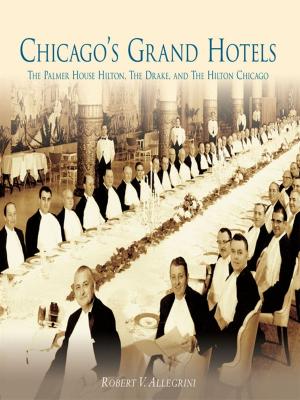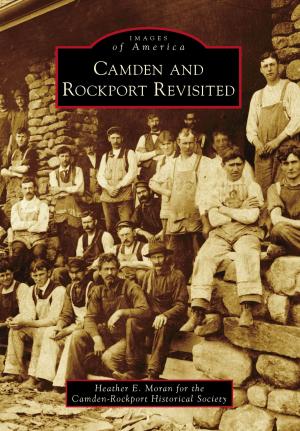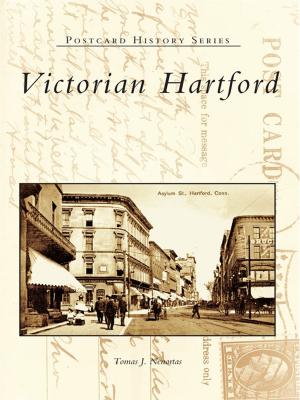| Author: | Nancy Jo Smith | ISBN: | 9781439654149 |
| Publisher: | Arcadia Publishing Inc. | Publication: | December 7, 2015 |
| Imprint: | Arcadia Publishing | Language: | English |
| Author: | Nancy Jo Smith |
| ISBN: | 9781439654149 |
| Publisher: | Arcadia Publishing Inc. |
| Publication: | December 7, 2015 |
| Imprint: | Arcadia Publishing |
| Language: | English |
The 20th century brought dramatic change to the closely knit yet independent-minded farming community of Pleasant Garden, North Carolina. Although descendants of the families who migrated from the Eastern Shore of Maryland still lived on the lands of their ancestors and attended Pleasant Garden Methodist Episcopal Church, which was organized in 1788, they welcomed progress. The community became home to one of the first state-supported high schools, and the Pleasant Garden Company built manufacturing businesses alongside the Atlantic & Yadkin Railroad, where eight trains passed each day. These improvements created a ripple effect of development that began with housing needs for students, faculty, and employees. Following World War II, the community no longer had passenger trains; however, new factories relied on rail service. These industries found qualified employees from the surrounding community. As housing developments and recreational and retail opportunities evolved, and as many baby boomer families began commuting to nearby cities for work, Pleasant Garden became a bedroom community. In 1997, it incorporated as a town.
The 20th century brought dramatic change to the closely knit yet independent-minded farming community of Pleasant Garden, North Carolina. Although descendants of the families who migrated from the Eastern Shore of Maryland still lived on the lands of their ancestors and attended Pleasant Garden Methodist Episcopal Church, which was organized in 1788, they welcomed progress. The community became home to one of the first state-supported high schools, and the Pleasant Garden Company built manufacturing businesses alongside the Atlantic & Yadkin Railroad, where eight trains passed each day. These improvements created a ripple effect of development that began with housing needs for students, faculty, and employees. Following World War II, the community no longer had passenger trains; however, new factories relied on rail service. These industries found qualified employees from the surrounding community. As housing developments and recreational and retail opportunities evolved, and as many baby boomer families began commuting to nearby cities for work, Pleasant Garden became a bedroom community. In 1997, it incorporated as a town.

